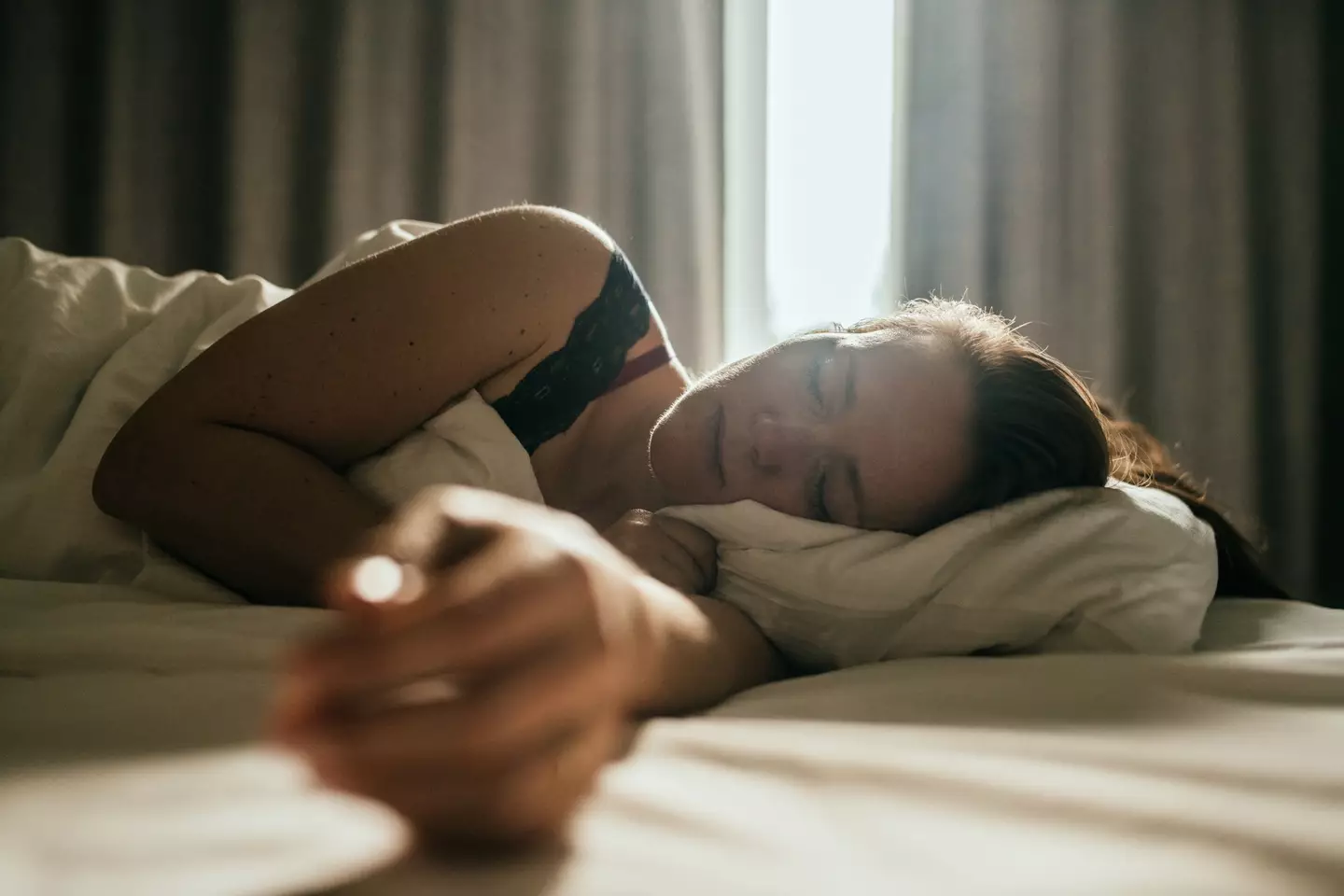“New Year, new me!”
Though this phrase has become a bit of a cliché, the New Year often signifies a time for personal renewal and the setting of new objectives.
Resolutions vary greatly, from pledges to eat healthier or reduce alcohol consumption after the holidays, to more ambitious, long-term aspirations like traveling the world or embarking on a new career path.

The real challenge lies in maintaining these goals amidst the daily grind. Many resolutions are forgotten as the year progresses, and research from UK-based YouGov reveals that only about one-third of people manage to transform a resolution into a consistent habit.
With this in mind, researchers have explored methods to improve our commitment to resolutions, discovering a surprisingly straightforward approach.
A study involving over 100 participants investigated their sleep habits over a week. Random text messages were sent to assess activities and levels of sleepiness.
Findings indicated that those with less sleep and higher fatigue were more prone to reverting to habitual behaviors, such as choosing TV over exercise or opting for junk food over healthy meals.

This is because fatigue leads the brain into ‘autopilot’, prompting reliance on familiar actions as a means of conserving energy. Additionally, a tired brain has reduced self-control, making it harder to adhere to resolutions.
Dr. Benjamin Gardner, director of the Habit Application and Theory group at the University of Surrey, told The Telegraph: “When we’re trying to make positive changes to our behaviour, feeling drowsy can put us at real risk of lapsing back into our old, unwanted bad habits.
“Lapsing can cause us to lose confidence in our ability to change and make us give up.”
To effectively stick to resolutions, the team suggests ensuring sufficient sleep to bolster the alertness and willpower necessary for new habits.
Once a resolution becomes a routine, the tendency to act habitually even when tired can be an advantage. The brain will maintain the new habit despite sleepiness.
Dr. Amanda Rebar, co-author and associate professor of health promotion education at the University of South Carolina, stated: “Our study shows this definitively: people were more likely to act habitually when they reported feeling sleepy. While this can result in higher levels of good habits, it can also lead individuals to fall back on bad habits.”

